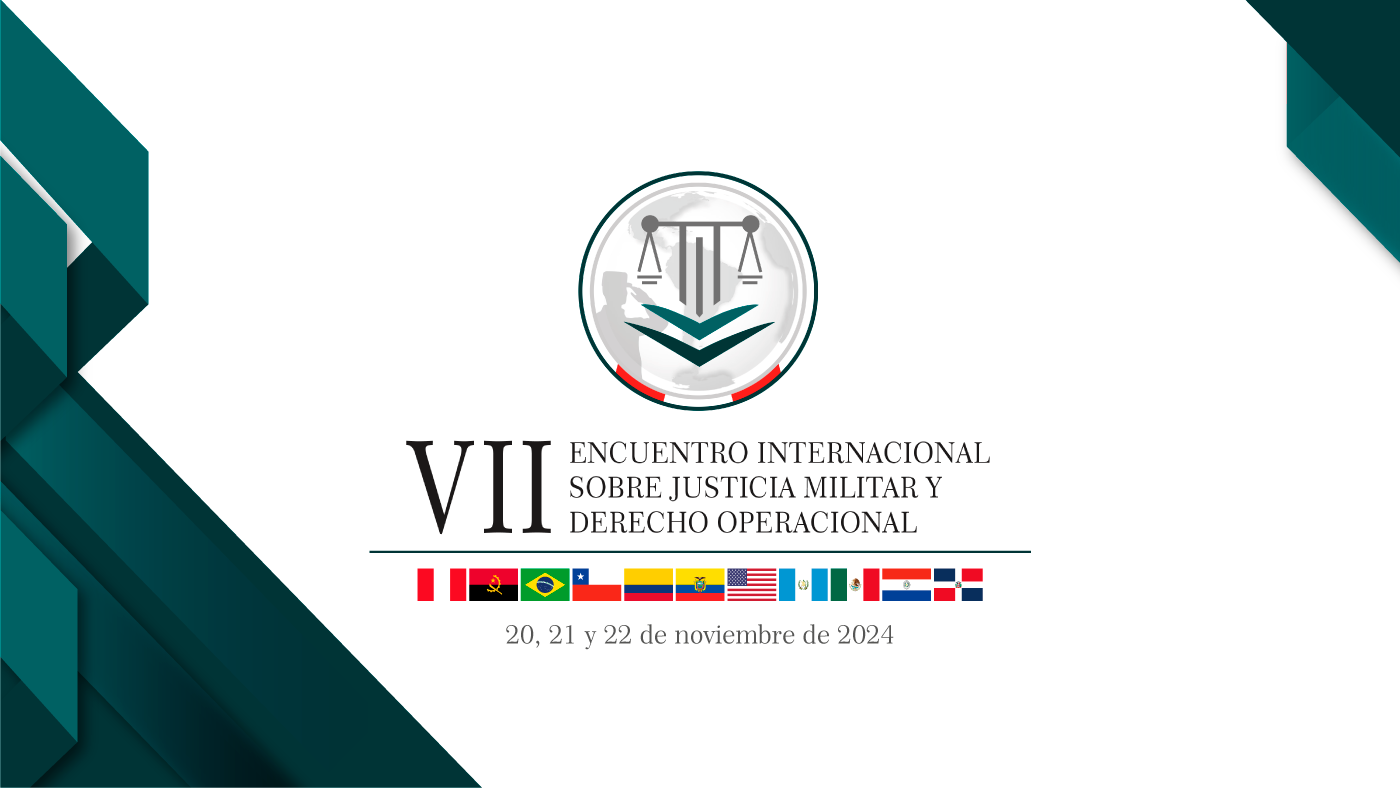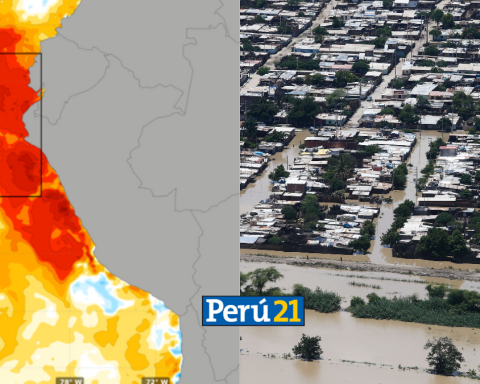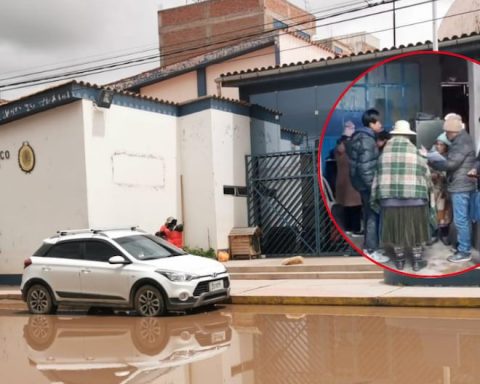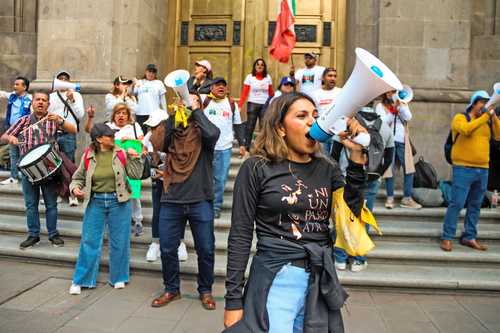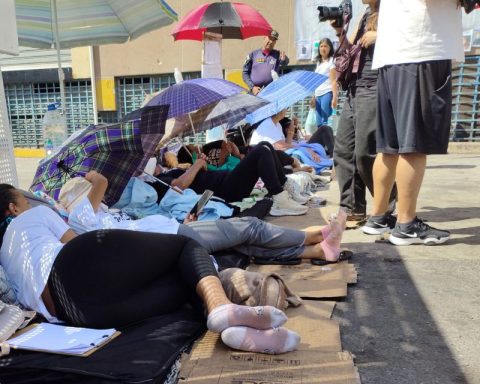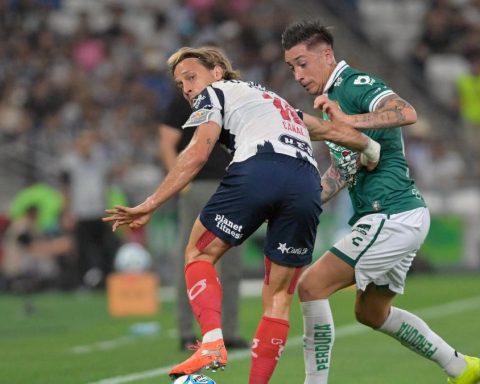No one has asked our opinion on anything. Congressional project referring to the functions and powers of the military police justicesaid the president of the Military Police Jurisdiction, retired FAP Major General, Arturo Giles Ferrer.
He noted that judges and prosecutors are subject to the Constitution, laws and international conventions signed by Peru, within the framework of the Procedural Code and the Military Police Penal Code.
Furthermore, he recalled that although every law is presumed constitutional, the magistrates of the military police jurisdiction can also apply diffuse control and preferring the constitutional mandate.
The magistrate recalled that since 2006, military police justice is an independent and autonomous jurisdiction of the armed forces. Although the magistrates are ex-military, they are all lawyers specialized in military justice.
The president of the military jurisdiction spoke to the press during the launch of the VII International Meeting on Military Justice and Operational Lawwhich will take place in Lima from November 20 to 22.
This event will have the participation of military magistrates from Angola, Brazil, Chile, Colombia, Ecuador, Guatemala, Mexico, Paraguay, Dominican Republic and the United States, for the exchange of experience and mutual learning.
A new military justice
Although the meeting with journalists was to present the International Meeting on Military Justice and Operational Law, the past and present of military jurisdiction was also discussed.
Since the 2006 reform, the military jurisdiction has become a model for the rest of Latin America and other countries due to its organization and functional and economic independence from military structures, says Giles Ferrer.
He recalled that in recent years they have received the visit of military magistrates from China and Russia interested in knowing our experience.
Peruvian military police justice is governed by the adversarial system and respect for due process and the rights of the parties. They only see crimes committed by the military and police, not common crimes, even if these are committed by uniformed personnel..
“We differ from the common penal system, in that while they seek the resocialization of the prisoner, our goal is to preserve the country’s war potential,” reflected the magistrate.
Lieutenant Colonel (r) Roosevelt Bravo Maxdeo recalled that since the beginning of the Republic, military justice has always been called in times of social crisis and common crime out of control.
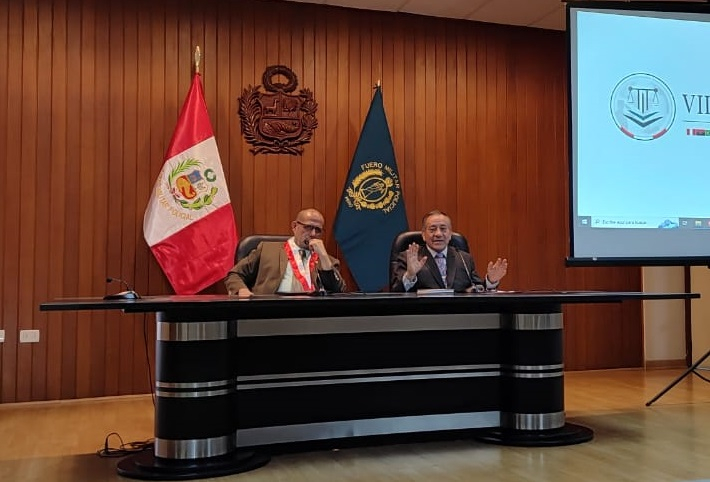
In 1826, the government commissioned the then Permanent Military Council to judge criminals and robbers; In the war with Chile he tried civilians accused of cowardice or vandalism for treason; In 1898 he learned of the trials against assailants and Montoneros and in 1998 he was commissioned to try leaders of gangs dedicated to aggravated robbery, murder and kidnapping in Lima, such as the dangerous Jorge Luis Campos Milla, alias “Momón”. In addition, the cases of terrorism and treason that he had seen since 1992.
Would you accept a new call? The military justice authorities evaded a direct response, but emphasized that we are facing a different reality than that of the 90s and a different military jurisdiction where the law, the Constitutional law and the personal prestige of the magistrate prevail. There is no longer a superior military leader who orders who to condemn or acquit.
International meeting of military and police magistrates
The VII International Meeting on military police justice will develop three main topics related to national defense, internal order and international humanitarian law, with the participation of 26 exhibitors from 10 countries.
In the first topic, military magistrates will debate the existing models of military justice, the rules that allow the exercise of their magistrates and criminal processes in the different stages of investigation, accusation and oral trial.
The second topic is oriented to the advances of Operational Law, as the necessary discipline in an era in which changes in institutional design imply the necessary professionalization, specialization and improvement of the methodological work of the State agents responsible for providing security.
This branch of military law studies national legislation and jurisprudence, as well as international treaties, for the correct planning, conduct, execution and supervision of military operations and actions, regulating the participation of members of law enforcement in terms of employment and use of force.
Finally, in the third discussion table, the increasingly relevant participation of Women in State entities and in defense and security institutions will be analyzed, with speakers who serve as judges in the United States, Brazil, Colombia and the Dominican Republic. .
